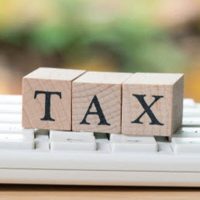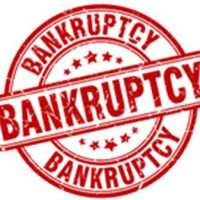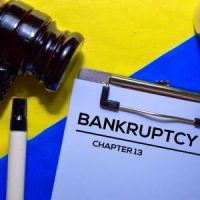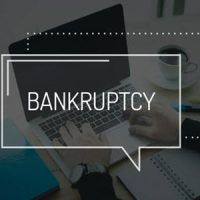Author Archives: Jay Butchko

Is it Possible to Negotiate Credit Card Debt?
Yes, it’s possible to negotiate credit card debt without going to court and without filing bankruptcy. That’s good news for many Americans. In 2023, Americans used credit cards for nearly a third of their purchases. With interest rates exceeding 20 percent, at least in most cases, this strategy isn’t sustainable for long. Options are… Read More »

Knowledge and the Innocent Spouse Rule
The IRS recently reworked the innocent spouse rule as part of the fresh start program. This initiative waived some requirements for some payment plans and other programs. IRS bureaucrats didn’t make these changes out of the goodness of their hearts. The fresh start program was designed to increase voluntary compliance at a time when… Read More »

How to Maximize the Property Exemptions in a Consumer Bankruptcy
Yes, we admit this title sounds a bit dull. But for debtors with significant home equity or other large assets, maximizing the exemptions could be the difference between a fresh start, which the Bankruptcy Code is designed to achieve, and a total loss, which the Bankruptcy Code is designed to avoid. During bankruptcy, the… Read More »

Why Should I File Chapter 13?
Most people file Chapter 13 bankruptcy if their debts are too large to pay all at once, and they need a payment plan. Chapter 13 payment plans are much more debtor friendly than the “payment plans” creditors offer. Chapter 13 offers income-based repayment plans that usually last five years. Usually, that’s more than enough… Read More »

Bankruptcy and Tax Discharge: Basic Rules
Most people voluntarily pay all their taxes on or before the due date. But 15 percent of taxpayers either don’t pay in full or don’t pay at all. That percentage may seem small, but given that the American IRS bill is over $1 trillion a year, that’s a lot of money. And, the IRS… Read More »

Chapter 13 and Chapter 7: What’s the Difference?
One of the biggest differences between Chapter 13 and Chapter 7 is the statement they make to the court. People who file Cahper 13 basically state that they can pay all their debts, but they cannot pay them at once, and they need a payment plan. Chapter 7 files essentially state that they cannot… Read More »

Debt Settlement or Bankruptcy: Which One is Best?
Usually, bankruptcy is hands-down more effective than debt settlement. Bankruptcy is a court-supervised process that’s guaranteed to provide relief to distressed debtors. The general bankruptcy process is outlined below. Debt settlement works on the simple principle that something is better than all of nothing. But during non-bankruptcy debt settlement, creditors usually decide how much… Read More »

Bankruptcy, Home Ownership, and Lasting Protections
Many people file bankruptcy because they’re behind on mortgage payments and need the protection of the Automatic Stay. Regardless of the amount of delinquency, and even if the foreclosure sale is scheduled for later that day, Section 362 of the Bankruptcy Code stops foreclosure in its tracks. The Automatic Stay is only part of… Read More »

Maximizing Social Security and Other Asset Exemptions
For many families, the Social Security benefits exemption is the most important property exemption in an Illinois bankruptcy. About 40 percent of Americans rely exclusively on Social Security benefits for retirement income. These benefits, along with VA disability, workers’ compensation, and most other government benefits are exempt in bankruptcy. The trustee (person who manages… Read More »

Bankruptcy Filings Increased in Q3 2023
The expected wave of pandemic-related bankruptcies may wash ashore after all. Consumer bankruptcy filings rose 13 percent in the third quarter of 2023. Business filings rose 29.9 percent, from 13,125 to 17,051, in the year ending Sept. 30, 2023. Non-business bankruptcy filings rose 12.4 percent to 416,607, compared with 370,685 in September 2022. This… Read More »
